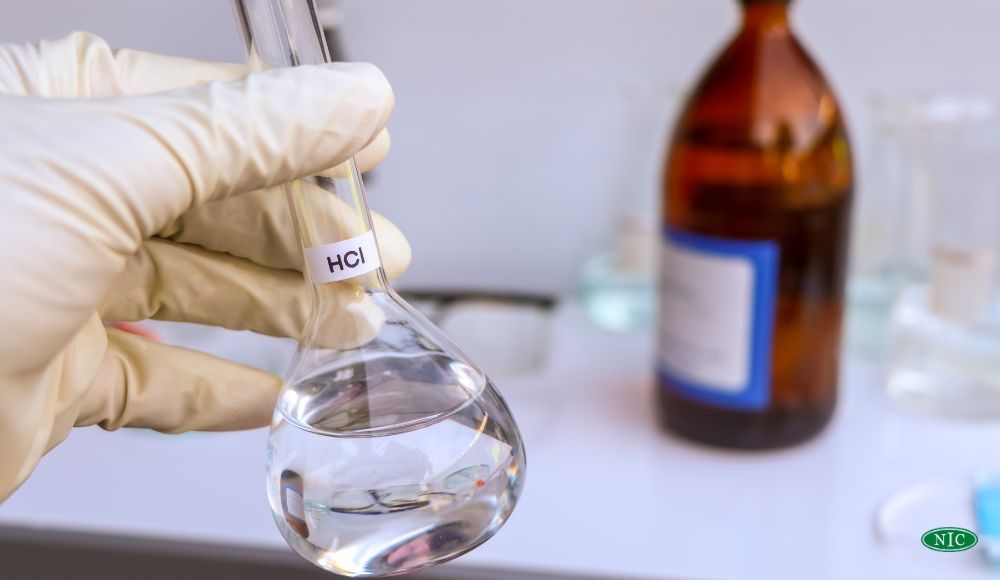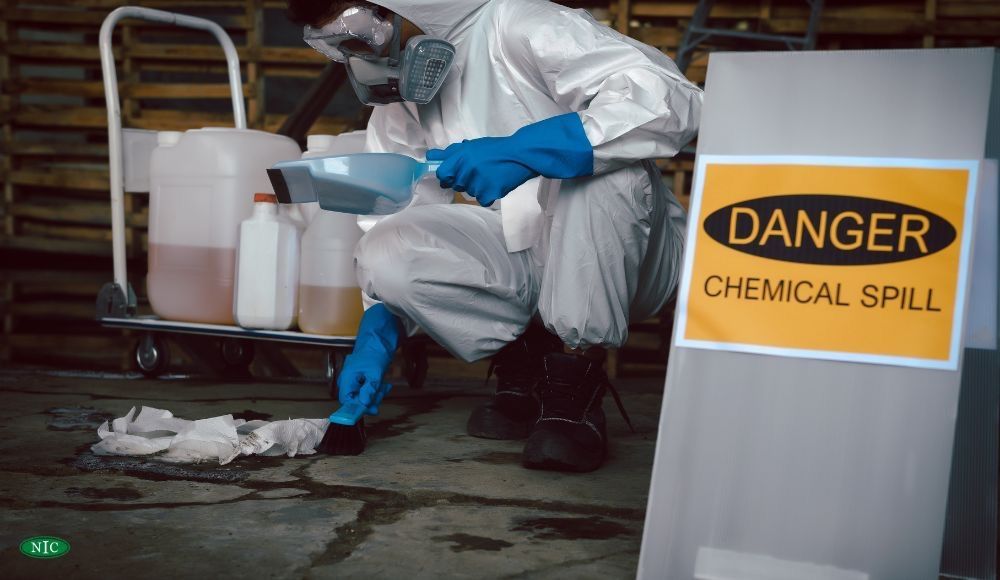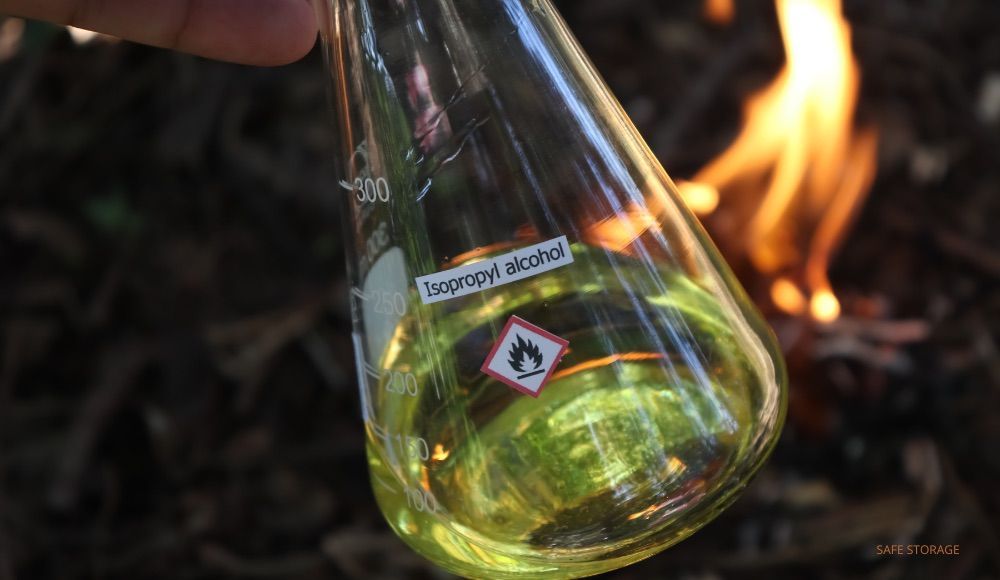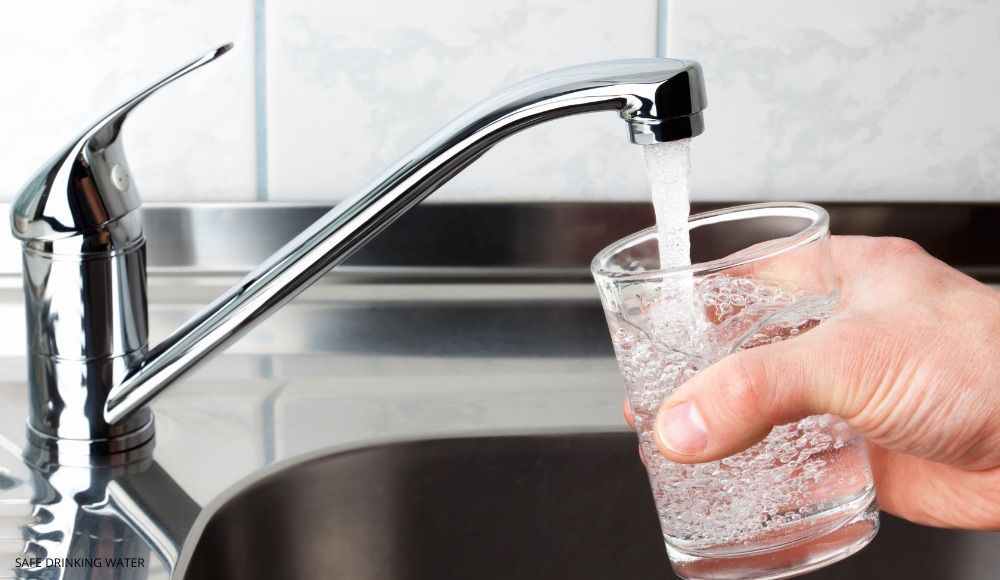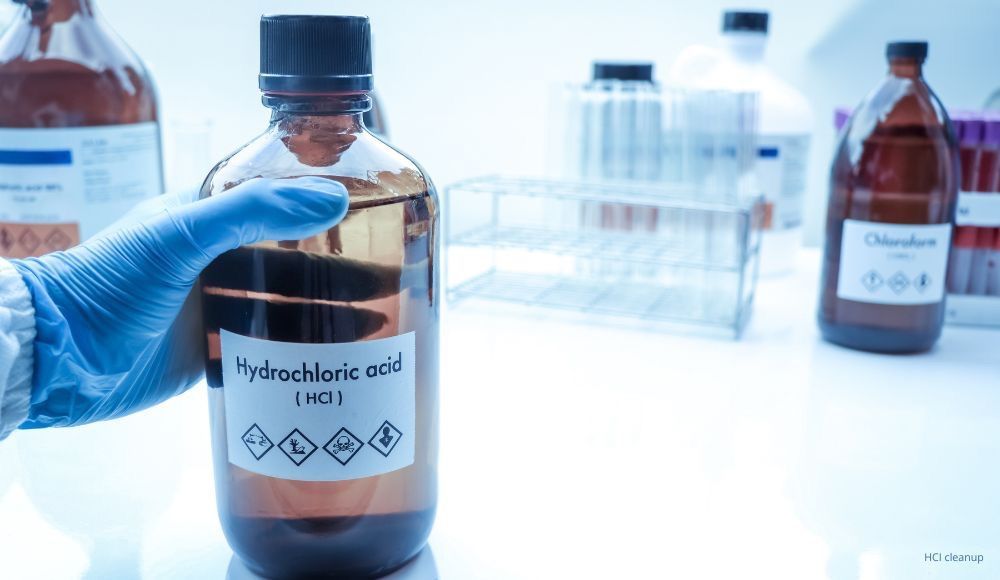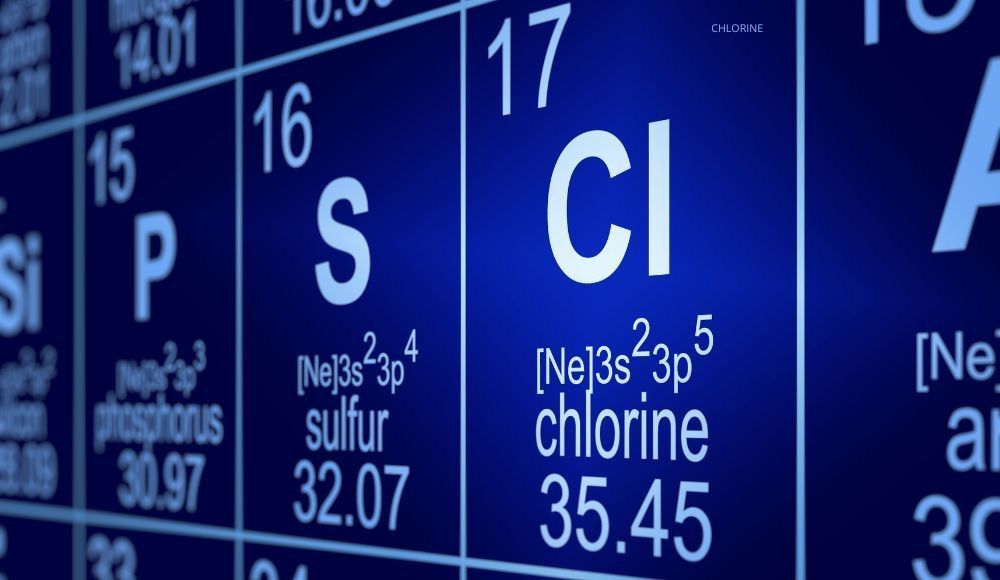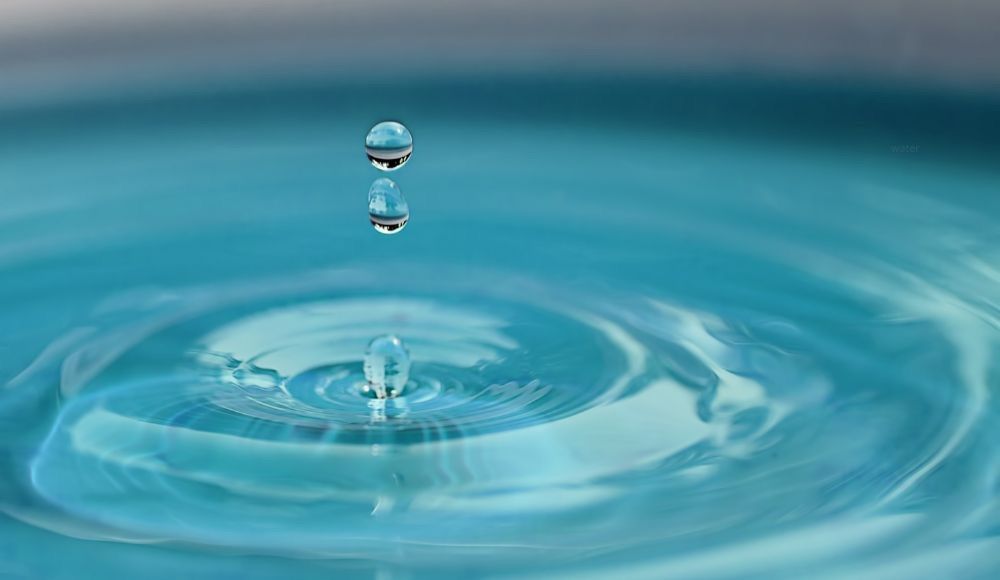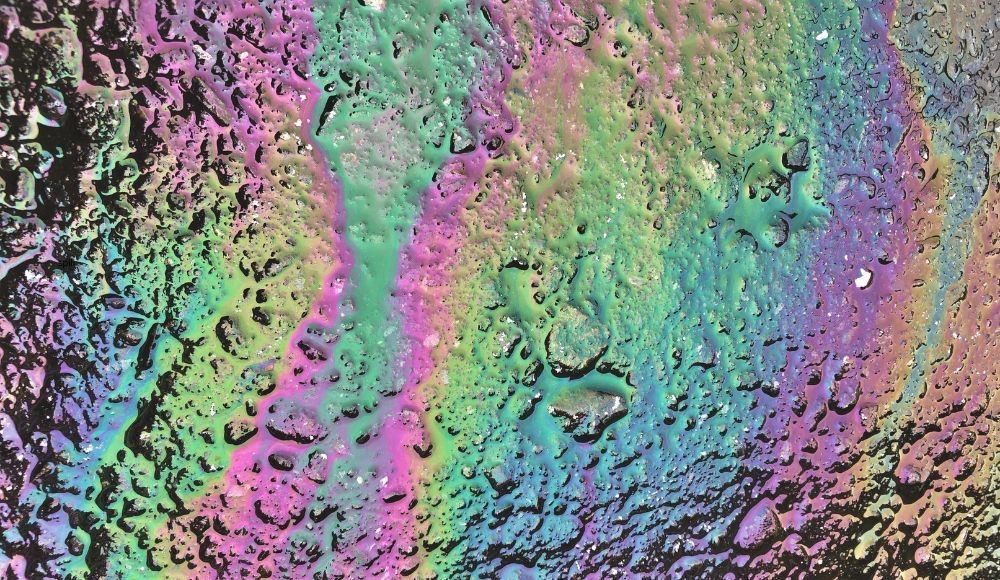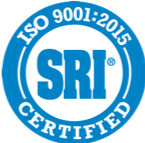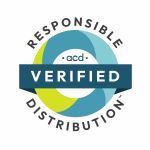Reduce TDS in Water: Effective Methods for Improving Water Quality
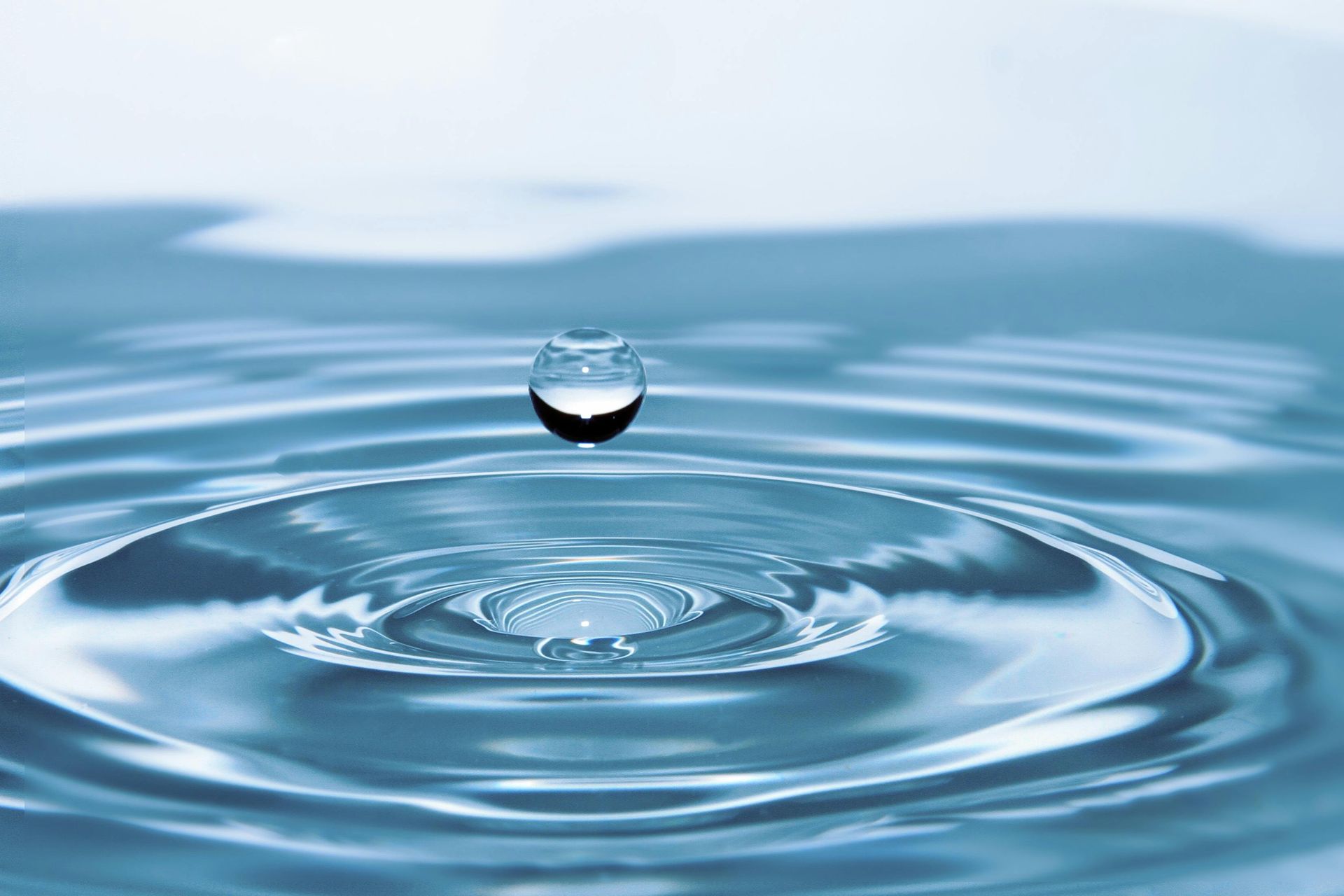
TDS represents total dissolved solids and the total concentration of dissolved substances in water. TDS comprises inorganic salts and a small amount of organic matter; lowering it will improve water quality, enhancing health and taste. Here is what you should know:
TDS in Water: Understanding the Basics
Total dissolved solids (TDS) in water refer to the combined content of all inorganic and organic substances in a liquid, such as calcium, magnesium, sodium, potassium, and other compounds. Measured in parts per million (ppm), TDS levels influence water quality, affecting taste and safety. Understanding TDS helps assess water purity, with high levels indicating potential contamination or hardness. Monitoring TDS is necessary for residential and industrial settings to ensure optimal health.
Why Remove TDS from Water?
While TDS isn’t always harmful, high TDS levels in drinking water can indicate dangerous dissolved impurities. Here are the ways high TDS can impact our daily lives:
- Water’s taste: High TDS levels can give it a bitter, sulfuric, or salty taste, depending on which dissolved salts and ions are in the water.
- Cooking: Using water with high TDS levels can significantly alter food taste; some may find it unappetizing. We should all be cautious about this when preparing our meals.
- Cleaning: High TDS levels can leave stains on clothing, white spots on dishware, and mineral deposits on surfaces that come into contact with water, making cleaning more challenging and time-consuming.
- Health: Not all TDS components are natural nutrients. Some dissolved substances, like hazardous chemicals and inorganic substances, can adversely affect our bodies.
- Plumbing: When water passes through plumbing and appliances, it leaves behind TDS deposits, affecting the durability of our pipes and other fixtures.
Simple Ways to Lower TDS Levels
Lowering TDS levels in water can be achieved through relatively simple methods:
- A reverse osmosis system effectively filters dissolved solids by forcing water through a semipermeable membrane.
- Activated carbon filters can adsorb impurities, improving taste and purity.
- Distillation is another method where water is boiled, and the steam is collected, leaving impurities behind.
- Deionization is a process used to remove ions from water, making it safe to drink. It involves passing the water through a special membrane that contains positive and negative charges. The process relies on exchanging ions to purify the water.
- Additionally, water softeners can reduce the mineral content.
Regularly testing TDS levels ensures these methods maintain water quality effectively.
Final Thoughts
Lowering TDS levels in water enhances safety, taste, and usability for residential and industrial purposes. Individuals and businesses can ensure cleaner, healthier water by employing reverse osmosis, carbon filtration, and distillation methods. Regular monitoring and maintenance are essential for optimal water quality, promoting overall well-being and efficiency.
Contact Us for More Water Treatment Advice
Our friendly and experienced team will give you tips and assistance for all your chemical needs.
